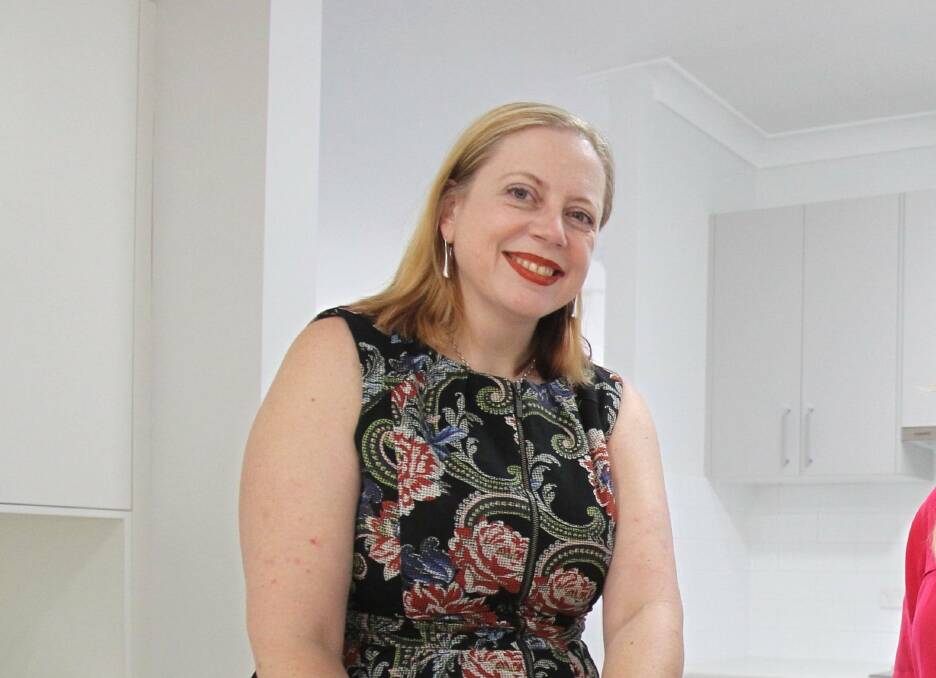
Trauma surgeons are concerned that the ready availability of alcohol during the coronavirus pandemic will result in an increase in the number of women attending emergency departments with domestic violence related injuries.
Subscribe now for unlimited access.
or signup to continue reading
Chair of the Royal Australasian College of Surgeons Trauma Committee John Crozier said emergency departments in Sydney and Newcastle were already noticing the effects of the pandemic.
"Much of it is preventable and is the unintended consequence of the increased availability of alcohol, particularly from takeaway sources," Dr Crozier said.
Of particular concern was the anticipated surge in domestic violence-related injuries.
"Without question it [increased alcohol consumption] will fuel increased incidences of domestic violence, particularly in western, north-western and remote parts of NSW," Dr Crozier said.
He pointed to research from the Centre for Alcohol Policy Research at Latrobe University that showed a 26 per cent increase in domestic violence occurred with every 10,000 litres of alcohol consumed in the community.
"It would be wise that we see legislative changes and don't see unintended consequences from over liberalisation of access to liquor particularly under these [pandemic] conditions," he said.
Meanwhile NSW-based Women's Community Shelters has reported a 25 to 30 per cent increase in calls for assistance in the past fortnight.
The surge comes on top of NSW Bureau of Crime Statistics figures which highlight a steady increase in reports of domestic violence over the past 25 years.
The bureau's figures show an estimated 17 per cent of Australian women aged 18 years and over have experienced violence by a partner since the age of 15 years.

Women's Community Shelters chief executive Annabelle Daniel said the increase in domestic violence, particularly during the COVID-19 crisis, was occurring equally in metropolitan and regional areas.
"This is not an insignificant increase, it shows what can happen in a short time," she said.
"One of the key things about domestic and family violence and the experience of people who are caught up in it is the isolation that comes with it."
It is feared calls for help will increase in coming weeks and months as stricter social distancing rules come into effect.
Read More
"As the measures get stricter and stricter effectively the noose will tighten and people will become more and more isolated," Ms Daniel said.
"When you add in the stresses that make things tough for ordinary families such as the loss of income, people living on top of one another, issues to do with alcoholism and gambiling it just becomes magnified. Distance also makes things magnified in rural and regional areas."
The organisation is calling on people in rural and regional areas to be extra vigilant for signs of domestic violence during the shutdown.
"This is a whole of society problem and it needs a whole of society solution," Ms Daniel said.
"We need to check in on our rural and regional friends and neighbours and workmates just to decrease the isolation because it is very easy for that isolation to deepen," she said.
Newcastle-based advocate for alcohol regulation and harm reduction Tony Brown said the ready availability of alcohol was particularly problematic during the COVID crisis.

"Increasing the availability and home delivery supply of alcohol will only encourage private drinking," Mr Brown, who is researching the alcohol industry's influence on the regulation of the supply of alcohol as part of a PhD, said.
"Mixing more alcohol with stress and anxiety is a volatile combination and likely to result in increased domestic violence and other alcohol fuelled injuries such as motor vehicle accidents."
If you're looking to stay up to date on COVID-19, sign up for our twice-daily digest here.


